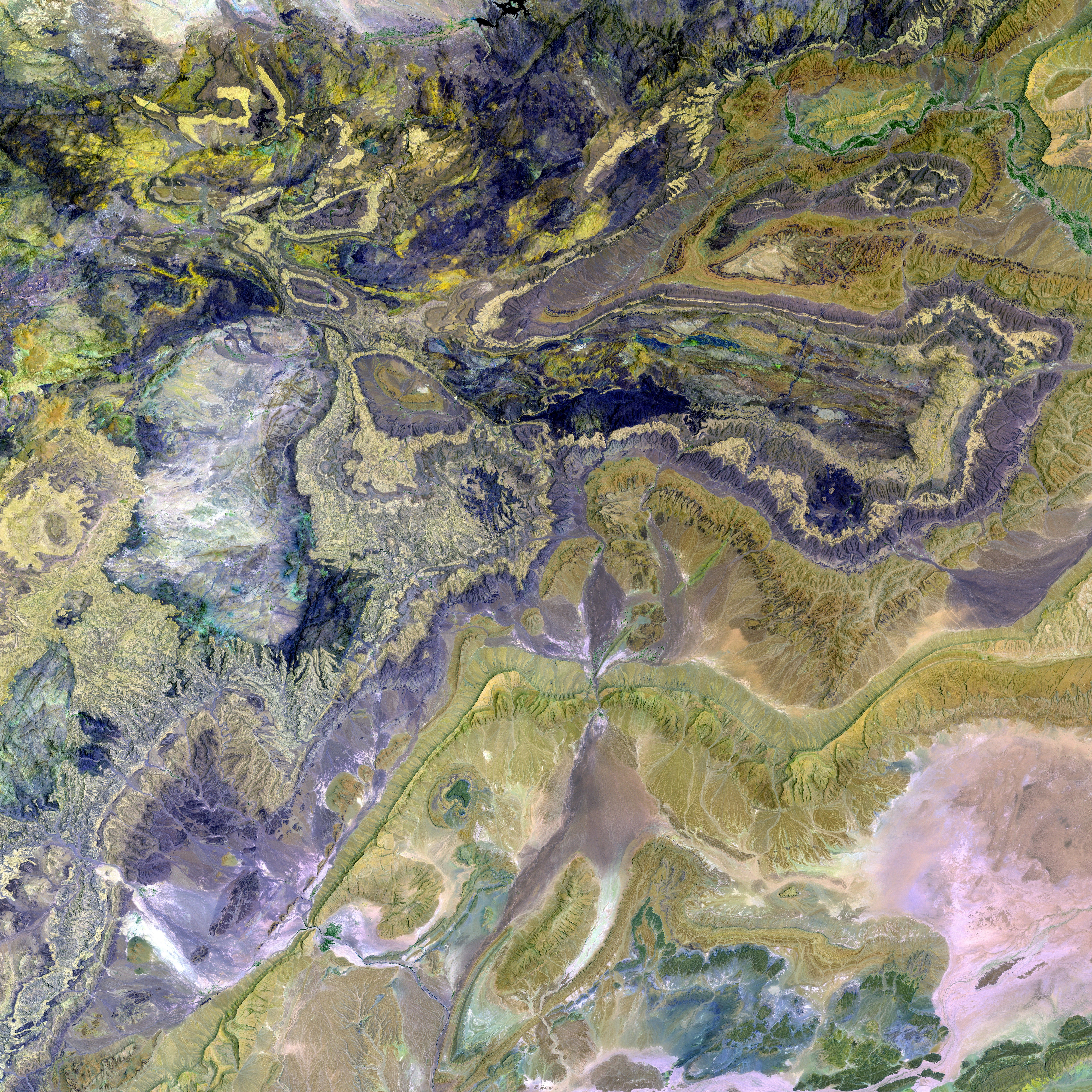What types of equities can be owned in a Stocks and Shares ISA, and which ones are prohibited?
Every year, nearly four million Britons contribute to Stocks and Shares Individual Savings Accounts (ISAs) to protect their investments from taxes and boost their wealth, with a maximum annual contribution of £20,000. These tax-efficient accounts can hold a variety of assets, such as funds, investment trusts, bonds, and shares.
According to HMRC data from the 2022/23 tax year, 3.8 million people invested a total of £28 billion in their Stocks and Shares ISAs. However, it's essential to familiarize yourself with the qualifying investments approved by HMRC to ensure compliance.
The list of qualifying investments includes certain life insurance policies, investment trusts, shares, funds, exchange-traded funds (ETFs), and corporate bonds. While HMRC's list appears extensive, not every asset offered by an ISA provider will be available for your selection, as availability depends on the provider's offerings.
Holly Mackay, founder and CEO of Boring Money, notes that the range of eligible investments is broad enough to satisfy most investors while excluding high-risk assets unsuitable for the average retail investor.
Now let's delve into some of the most common investments that can be safely housed within a Stocks and Shares ISA:
- Shares: Listed company shares available on recognized stock exchanges worldwide, including those traded on the Alternative Investment Market (AIM), can typically be included in a Stocks and Shares ISA. However, remember that shares listed on exchanges not recognized by HMRC, such as the Shanghai Stock Exchange, Saudi Stock Exchange, and Taiwan Stock Exchange, are not eligible.
- Funds: There are various investment fund types, including unit trusts and open-ended investment companies (OEICs), that can be held in an ISA. These can be actively or passively managed and range from niche funds specializing in sectors like property or clean water to global equity funds. Ready-made portfolios managed by the platform are also eligible for an ISA.
- Investment trusts: Investment trusts, which are similar to funds as they pool money from multiple investors, can be held in ISAs as long as they are shares or securities in qualifying investment trusts.
- Exchange traded funds (ETFs): ETFs, which are listed on a stock exchange and can be bought and sold whenever the exchange is open, can also be included in a Stocks and Shares ISA. ETFs represent a passive investment fund and are usually less expensive than actively managed funds.
- Corporate bonds: Corporate bonds, loans issued to companies in exchange for regular income in the form of interest, can be held in ISAs.
On the other hand, certain investments are not eligible for a Stocks and Shares ISA, such as cryptocurrencies, gold in physical form, alternative assets like fine art and wine, unlisted shares in private companies, and property holdings. Investors should be aware that the responsibility to ensure only qualifying investments are held within a Stocks and Shares ISA falls on the ISA manager rather than the investor. If an ineligible investment ends up in an ISA, the ISA manager is required to remove the investment as soon as possible.
In conclusion, when managing a Stocks and Shares ISA, investors should focus on eligible investments like shares, funds, investment trusts, ETFs, and corporate bonds while avoiding ineligible assets such as unlisted shares, cryptocurrencies, gold in physical form, alternative assets, and property. By staying within the guidelines set by HMRC, investors can reap the benefits of tax-free growth within their ISA.
- An individual might consider adding investment trusts to their Stocks and Shares ISA, as these are qualifying investments approved by HMRC.
- For those looking to expand their personal-finance portfolio, investment in corporate bonds can also be made through a Stocks and Shares ISA.
- Property, however, is not a considered eligible asset for a Stocks and Shares ISA, making it unsuitable for those seeking to invest in real estate within such accounts.
- Those keen on technology investments should be aware that unlisted shares in private companies do not qualify for a Stocks and Shares ISA.
- Gold in physical form, alternative assets like fine art and wine, and cryptocurrencies are also ineligible for inclusion in a Stocks and Shares ISA.
- When managing a Stocks and Shares ISA, it's crucial to maintain compliance by focusing on eligible investments like shares, funds, investment trusts, ETFs, and corporate bonds, and avoiding ineligible assets like the ones mentioned earlier.




